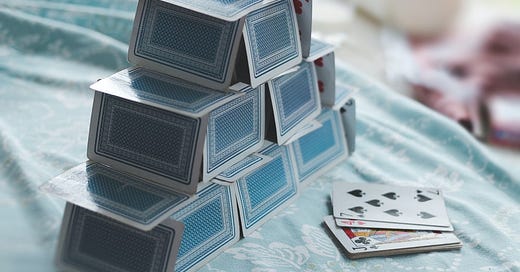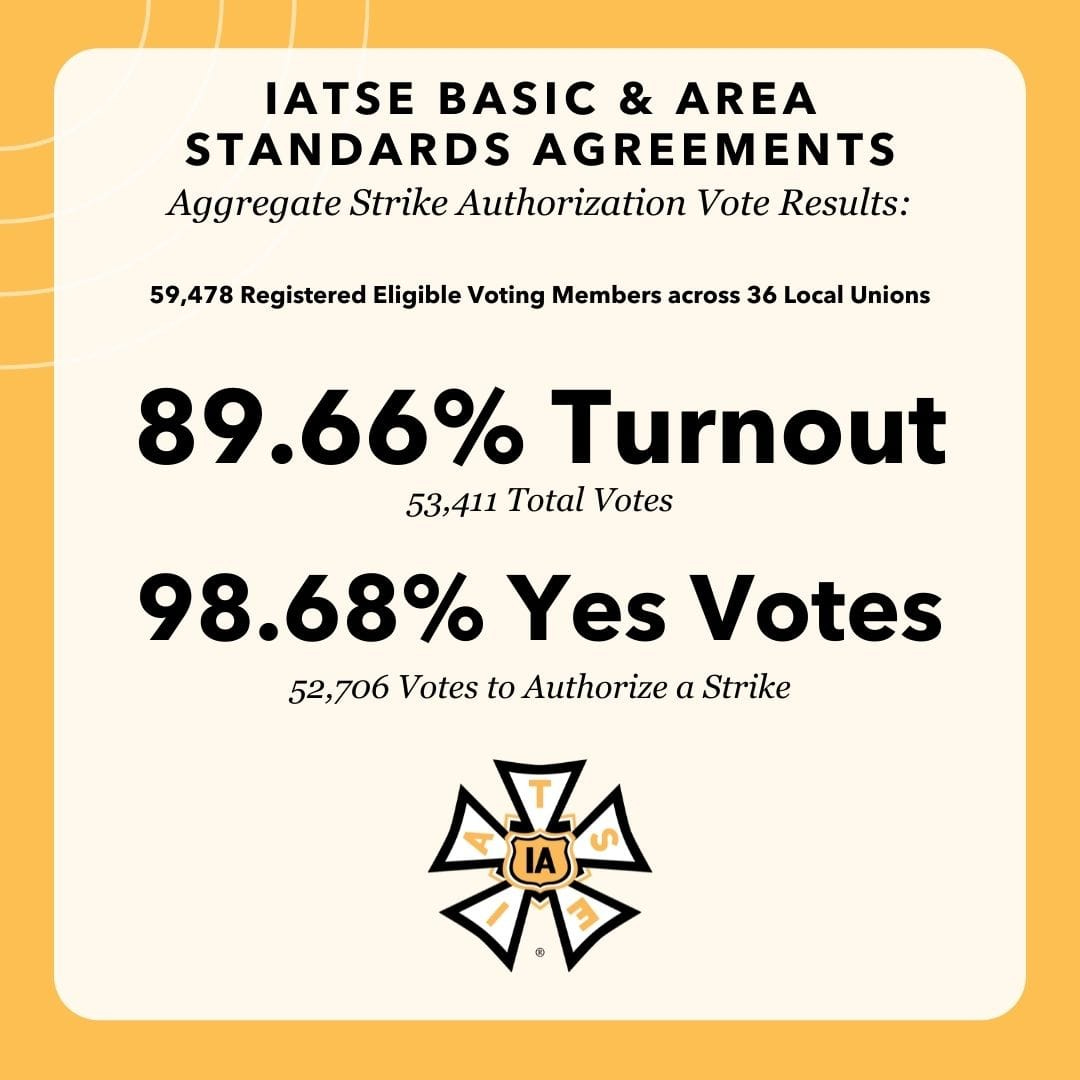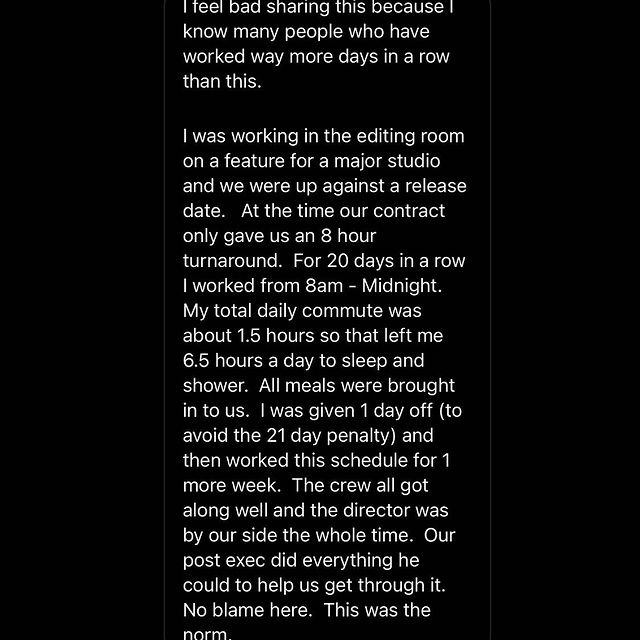Will the UK's Creative Workers Strike Too?
Hollywood's IATSE strike action has shown what's possible. Are we next?
A strike by US film industry workers may be imminent. This week, 99% of voting members of the labour union IATSE said YES to authorising a strike if their long-standing grievances cannot be resolved with the Alliance of Motion Picture and Television Producers.
Conditions affecting often-freelance entertainment industry workers that have brought the situation to a head include low pay, long working hours, lack of breaks, and safety. Crews have reported shoot days of more than 12 hours plus weekend work as standard.
IATSE president Matthew Loeb said:
“This vote is about the quality of life as well as the health and safety of those who work in the film and television industry. Our people have basic human needs like time for meal breaks, adequate sleep, and a weekend. For those at the bottom of the pay scale, they deserve nothing less than a living wage.”
Negotiations have continued this week to try and avoid a sweeping number of TV and film productions shutting down.
IATSE has been around since the 19th century, originally a union of NYC theatre workers. Since then it has expanded to include entertainment workers of all kinds across the continent, meaning IATSE now stands for:
International Alliance of Theatrical Stage Employees, Moving Picture Technicians, Artists and Allied Crafts of the United States, Its Territories and Canada
If workers do decide to strike, it will be the first in the union’s 128-year history.
Actress Katherine Heigl shared an in-depth explanation to her social media outlining her first-hand account of why the union action is so necessary:
“We are not solving world hunger or curing cancer. We are telling stories. When production plows into hour 14 and beyond they are asking our crews to drive themselves home bone tired. The number of people who have fallen asleep at the wheel is staggering. The number of accidents that happen on set due to exhaustion are shocking. Illness both mental and physical is off the charts. There is nothing glamorous or sexy about working past the point of exhaustion. There is nothing, NOTHING that warrants pushing yourself into an early grave.”

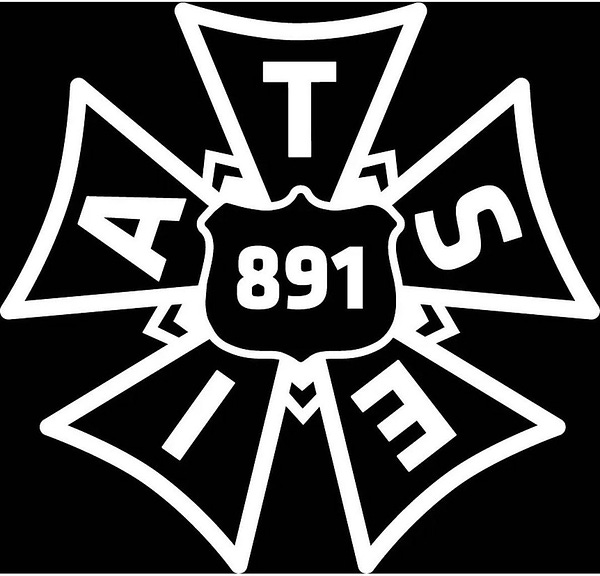
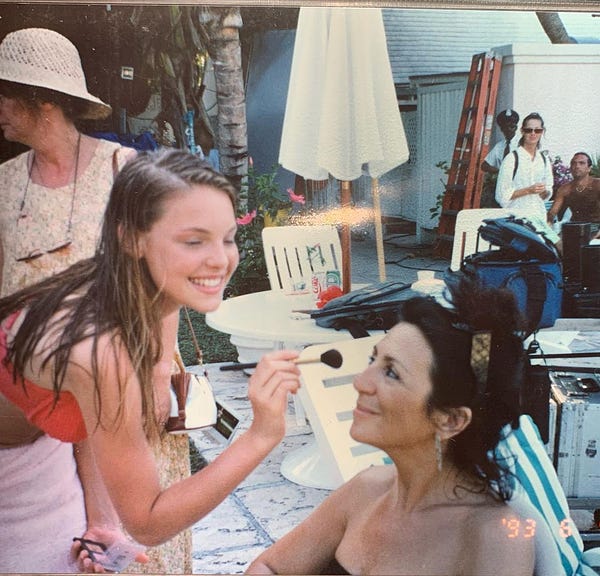
Ben Gottlieb, an electrical department crew member and owner of the Instagram account IATSE Stories, which publishes anonymous statements from crew about their experiences in the industry, said:
"A lot of people are told they have to choose between the industry and a family. It's brutal […] People are frustrated that it's a prolific, iconic American industry that sort of thrives on these almost archaic work practices."
The IATSE Stories page is also filled with posts outlining abuse within crews and production teams, and by family members of workers who share stories of how their loved ones’ situation has impacted their lives.
The UK’s creatives have plenty of unions. IATSE’s closest equivalent is BECTU, the Broadcasting, Entertainment, Communications and Theatre Union, but there is also Equity, the Writers Guild of Great Britain, the Musician’s Union, Artists’ Union England, and the NUJ for journalists.
Founder of The TV Mindset, Adeel Amini, who I interviewed for this newsletter a few months ago, has been at the forefront of the campaign for better working conditions for freelancers in the UK entertainment industry.
During the pandemic, The TV Mindset worked with institutions across the industry to create the Coalition for Change, out of which came the Freelancer’s Charter. It aimed to have all major broadcasters - who did join the coalition, and signed the charter - commit to better working conditions for freelancers.

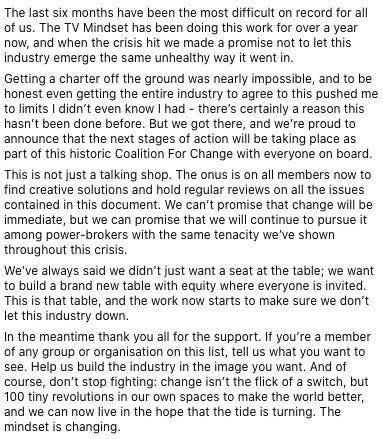
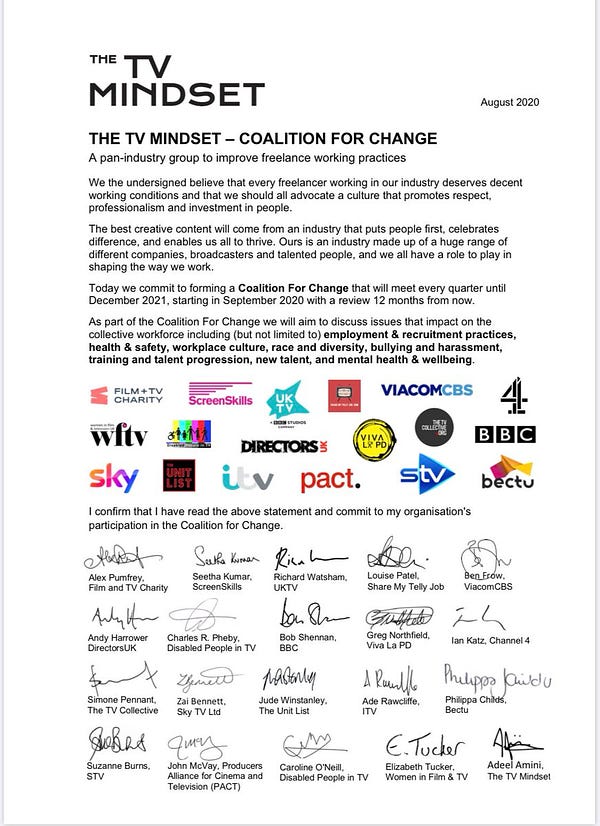
However, little has changed in the industry on a large scale in the time since.
Adeel’s take on whether or not the IATSE action will impact UK workers is both doubtful, and hopeful. He posted the following this week:
WOULD SOMETHING LIKE THE IATSE STRIKE HAPPEN IN THE UK TV/FILM INDUSTRY?
The short answer is no. Not the way things are right now.
“If every freelancer walked out right now, this industry would stop.” We went on record with this in Feb 2020, pre-pandemic. We believed it then. We still believe it now. Hollywood is proving it is possible.
What’s missing? Honestly speaking: solidarity. Historically our departments have all been pitted against each other and we’ve all fallen into that trap. Production v editorial. Editorial v crew. Everyone else’s problems have not been our concern - maybe because we’re trying to survive, maybe for other reasons entirely.
Every department has its own agreements, and doesn’t seem to worry about the woes of other groups. Divide and conquer has proven fruitful for those in power. Sadly from what we’ve seen there are similar divisions even within unions, and politicking that ultimately affects the workers who need protection. But we believe in the power of unions and their ability to enact change.
Most people want a union but we’d wager less than half the freelance workforce believe in the socialist principles it’s founded on. If you want the union to work just for *you*, that’s capitalism masking as social service.
Put it this way: if you went on strike today, who could you guarantee would 100% join you? Would your co-workers stand with you or would they be too afraid for their own jobs? Would it be just one department or all?
That’s the reason we had to negotiate the Freelance Charter as it is. There’s no other power or leverage, no mode of collective action that unites us all apart from the occasional public stories or anonymous instagram accounts. As long as we’re in our bubble of self-preservation, we will be governed by fear and told that linking arms with our fellow crew will be harmful to our careers.
And that’s one reason The TV Mindset takes the risks that we do when we publicly say the things that we say. Including this one. Because until we all start putting our heads above the parapet - not just for ourselves but for any sort of injustice for our fellow crew - things will not change.
Solidarity begins with empathy. It’s about speaking up for other departments than just your own; it’s about noticing that runners aren’t getting per diems or that PMs / Producers are working illegal hours. We hope UK freelancers don’t have to resort to such measures in order to be shown care and respect. But we all have to take a severe look at ourselves before we see what’s possible on a wider level; and the minute we work out how to mobilise that collective power, we will be unstoppable.
I encourage all UK creatives to join a union. But more importantly, as Adeel says, to take the principles of the union further than simply paying dues and getting yours.
Ultimately, organising isn’t about striking, it’s about working together to achieve decent working conditions for people on all rungs of the ladder we call The Workplace.
As Rebecca Rhine, a director of one of the cinematographers’ IATSE chapters reminds us:
"It's a clear mandate and a message to employers," she said. "If we have to go on strike, it would be devastating. We hope we don't have to. But if it's necessary, they'll do it."
SUBSCRIBE 👇👇👇 for all my articles and many other perks, including a weekly newsletter that delivers the week’s international media news, campaigns, and content. Only £5 ($7) a month.
Or if you can’t subscribe, please support by sharing this newsletter with others you think might be interested. Thanks! 👇👇👇

